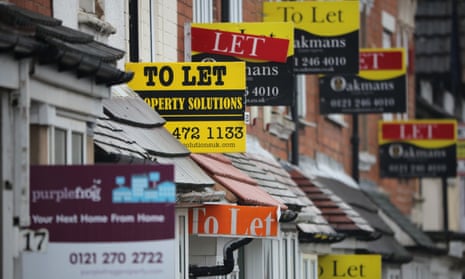For tenants, Jeremy Corbyn’s conference speech was joy unconfined. The part where he promised rent controls might have been scant on meticulous detail, but was greeted with loud whooping (in my house at least). Rent controls would have been of great help to me when my flat was sold out from underneath me last year, and the new owner agreed to let me stay – provided I paid a huge increase.
Despite a rise of £150 a month, he made no improvements and even ignored my requests for repairs. He did it because he could. He did it because villainous letting agents encourage owners to do so, insisting on “market rents”, which they alone seem to set, and which are often much higher than levels of frozen local housing allowance, and devised without inspecting the property (my own rentier has never seen the flat and lives in another city, so it’s no surprise he relied on the agent’s viewpoint).
Fortunately, I live in Scotland, and the tenants’ union Living Rent is pressing for Glasgow to trial the country’s first rent pressure zone. The new housing act comes into force in December, granting local authority areas the right to limit rents (details as to exactly how are emerging). Some campaigners suspect that rents are hurtling up to impossible heights because owners are rushing to raise prices before new controls limit their powers to do so.
One idea for enacting this welcome new policy commitment from Labour is that there should be no increases allowed above inflation. This seems positive, until you remember that the UK’s inflation reached 25% in 1975. So that’s no guarantee of affordability, is it? Another suggestion is for local or national governments to have total control of setting rents levels, not simply controlling increases. There are places where rents, not just increases, are out of control for no reason other than sheer greed – mortgages are low, but demand for accommodation is high, so the opportunity for profit is clear. I would argue that rents should be controlled where this is the case.
Critics of overall rent level control, including Shelter, mention the lower rate of investment in private renting, which was the case until the law was changed by John Major in 1988. But renting was at low levels in the 1970s because of lower house prices and consequential mass ownership – our much lauded property-owning democracy. Remember mortgages were allowed at 2.5 times income over 25 years which covered the cost of a home – not nine times annual income over perhaps 30 years alongside a huge deposit from the “bank of mum and dad”. Buying was cheaper and easier. Properties were bought as homes, not as investments. Tenants stayed in a rented property for years, with prices as a proportion of pay consistently much lower than they are today. Surely that’s a good thing?
It used to be that rents were set locally by council-employed rent officers, who would visit, assess the property’s rental worth (not its purchase cost) and set rents in stone for all future tenants. This also encouraged longevity; none of that “just in case” eviction notice business, where owners issue notice, then dangle the opportunity to remain provided tenants pay the higher rent.
Remember that many working tenants on low pay need housing benefit to cover their rent, money which goes to landlords, not into the fraying pockets of impoverished renters. Currently rents are liable to rise even when interest rates and inflation are low. As opposed to pay, which is capped, and local housing allowance which has been frozen in a cruel, misguided and ineffective attempt to control rents.
Whatever the method used to bring in rent controls, once limits are in place, tenants in the new long-term tenancies (potentially three years in England, possibly a lifetime in Scotland unless owners choose to sell) could live secure in the knowledge that their future outgoings are defined and certain: able to budget, able to save even. We need rent controls, and we need them quickly. Imagine the loud and joyous carolling across the land when it actually happens.
